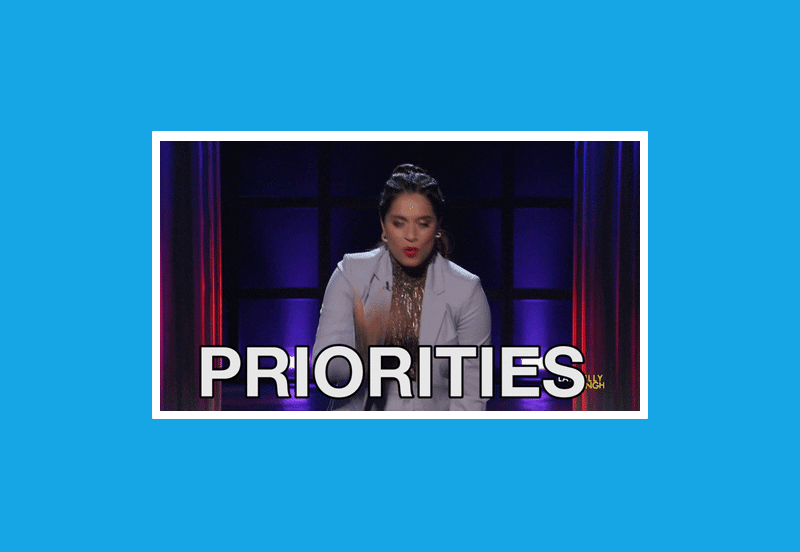Curbing those Cookie Cravings – The Future of Ad-Tech
Author: Lisa Douglas-Paul
 According to the Digital 2020 report, Google alone accounts for 80% of the traffic from Caribbean consumers. So, for Caribbean businesses that depend heavily on a solid online strategy to grow their business, Google’s announcement to do away with cookies by 2022 could cause some serious tabanca.💔
According to the Digital 2020 report, Google alone accounts for 80% of the traffic from Caribbean consumers. So, for Caribbean businesses that depend heavily on a solid online strategy to grow their business, Google’s announcement to do away with cookies by 2022 could cause some serious tabanca.💔
Advertisers and brands are now focused on whether the replacement for cookies will hit the sweet spot.
It’s not all gloom and doom! Cookies are only one ingredient in a host of third party data solutions. Essentially third party data allow for any entity that doesn’t have a direct relationship with the site the consumer visits to use the ‘crumbs’ of information left lying around as they rummage through various sites. A profile is built, and, voila, the consumer gets targeted for ads and promotions based on this information.
The ad-tech community is cooking up replacements for cookies and here are some top contenders:
- The “Browser Only” approach empowers the user with the ability to change the browser settings to control which sites have access to their information. On the other hand, it limits advertiser’s access to volumes of data that they need to optimize their campaign efforts.
- The “Aggregate User Identity” concept being proposed in Google’s Privacy Sandbox is also a frontrunner. FLoC (Federated Learning of Cohorts) allegedly gets around the privacy issue, as it doesn’t track an individual’s specific data but rather sees it as part of a larger ‘cohort’ identity. But advertisers have concerns as to whether it would give the type of targeted engagement that they need.
For some, the future is hybrid. Relying on third-party data alone is good. But merge it with first-party data, which was collected with user consent, to convert it into a unique consumer ID, and now we’re talking. A mélange of data management solutions could be the sweet spot for all players in the game. It could provide advertisers with richer customer views 💳, reduced data gaps and, most importantly, it could build trust between them and the consumers they’re trying to engage.





